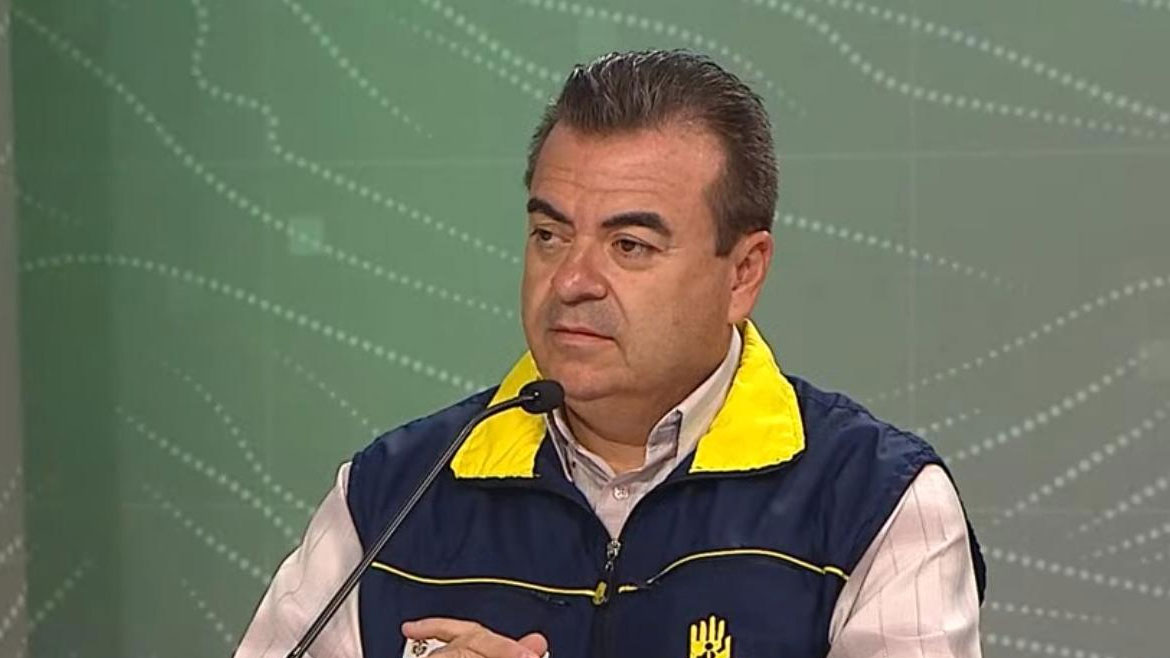The government of President Gustavo Petro wanted to use disaster management funds to buy congressional support, the former director of disaster management unit UNGRD told the Supreme Court.
In a testimony that was leaked to television network Caracol, former UNGRD director Olmedo Lopez said that Finance Minister Ricardo Bonilla ordered investments to benefit lawmakers.
These investments would allow the minister “to advance his bill or interest that corresponds to his portfolio” in Congress, Lopez told the Supreme Court.
The former UNGRD chief also suggested that the government sought to grant disaster funds to front companies of guerrilla group ELN in order to facilitate peace talks.
The payments that were allegedly ordered by the government late last year were never made because media exposed corruption with UNGRD funds and Petro fired Lopez, according to Caracol.
The former UNGRD chief told the court that his personal notebook would confirm the involvement of Bonilla and other government officials in his corruption practices.
Caracol broadcast excerpts of Lopez’s testimony hours after the Supreme Court announced investigations into nine congressmen for their alleged involvement in the UNGRD scandal.
Colombia’s prosecution adds 9 congressmen to corruption investigation
The prosecution has been investigating Lopez and his former deputy director, Sneyder Pinilla, who also has accused top government officials of corruption.
The prosecution has yet to open formal investigations against the government officials that were mentioned by Lopez and Pinilla.
Colombia’s government and congress rocked by embezzlement scandal
In a response, the president said on Twitter that the former UNGRD chief “needs to make desperate claims in order to lower his sentence without returning the stolen money.”
According to acting Comptroller General Carlos Mario Zuluaga, corruption in the UNGRD cost more than $60 million since 2022.
An investigation by the Comptroller General’s Office revealed irregularities in the granting of contracts since 2020 when Petro’s predecessor, former President Ivan Duque, was still in office.
Zuluaga said that regulation that changed the unit’s administration in response to the COVID-19 pandemic had made corruption “systemic.”


